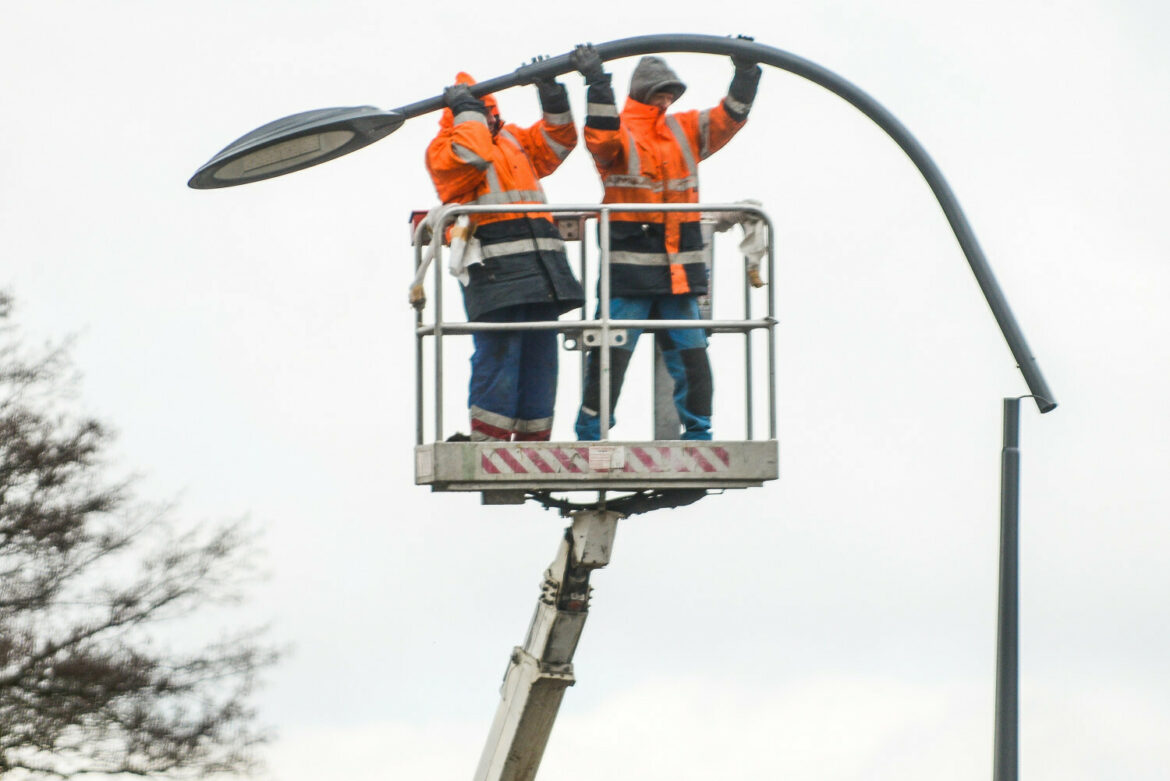The Polish Economic Institute (PIE) conducted a study on the Poles’ approach to the postulates of reducing energy and resource consumption in the economy in order to strive for environmental balance while reducing social inequalities and improving the quality of life.
Almost half (49.6%) of the respondents would like to shorten their working time if it were not associated with a reduction in remuneration. If such a change was related to a proportional reduction in remuneration, only about 16% would like the reduction.
In the case of readiness to change the consumption model, more than 63% of respondents stated that it would be easy for them to introduce consumption changes, but at the same time more than half (57.1%) declared that it would be difficult for them to give up eating meat and dairy products, says the PIE report “Moderate economy, i.e. Poles’ opinions about the postulates of degrowth”.
83.3% of Poles supported the proposal to limit disposables, 72% of them are positive about the inclusion of environmental costs in product prices, and 60.9% believe that high-carbon industries should not be supported. Among the assessed issues, only one met with more opposition than support. Over 43.5% of people do not support the introduction of limits on energy consumption by households. Support for this postulate was declared by 42.5 % of the respondents.
Opinions on shortening working time depend to a small extent on opinions on limiting consumption or introducing regulations that reduce emissions. “In other words, there is no dependency in which a person supporting the postulate of limiting working time will also clearly support regulations limiting the environmental footprint than a person who supports leaving working time unchanged”, says Paweł Śliwowski, the head of the strategy team at PIE.
Adrian Andrzejewski order





